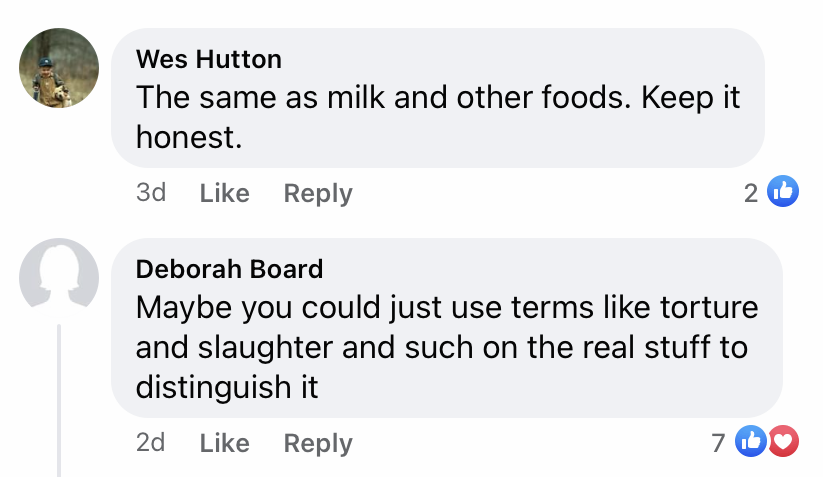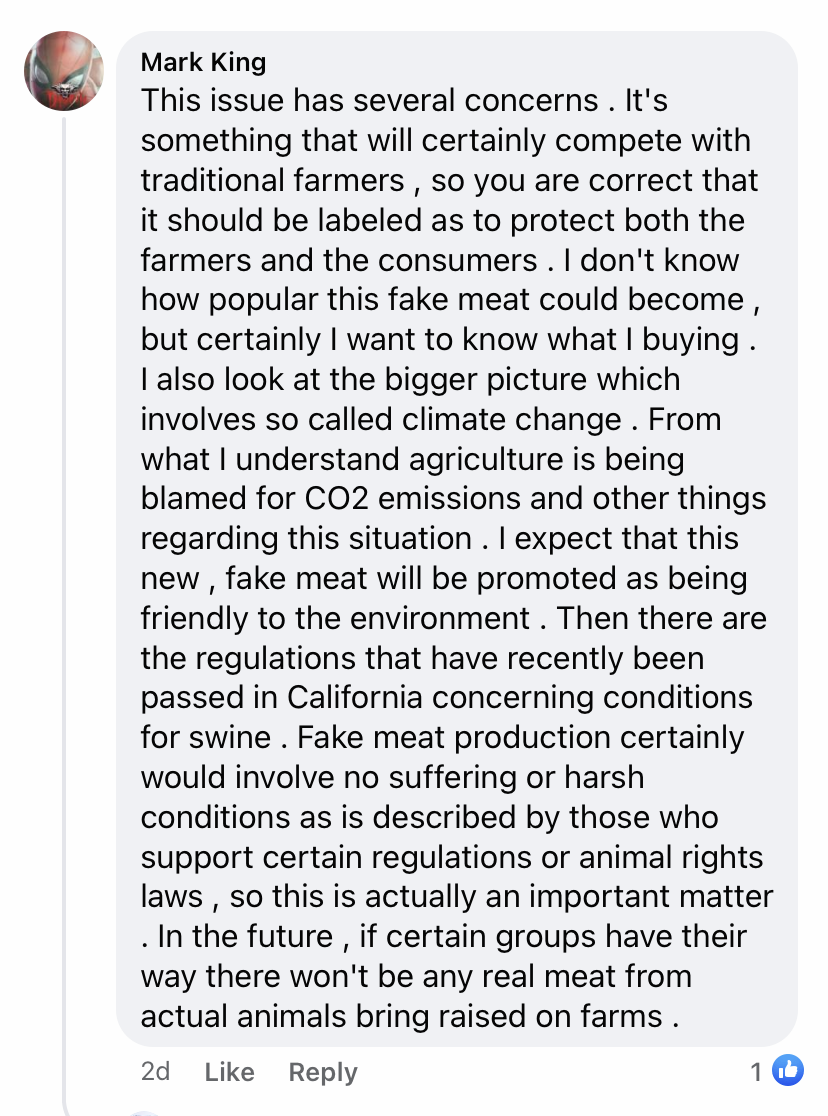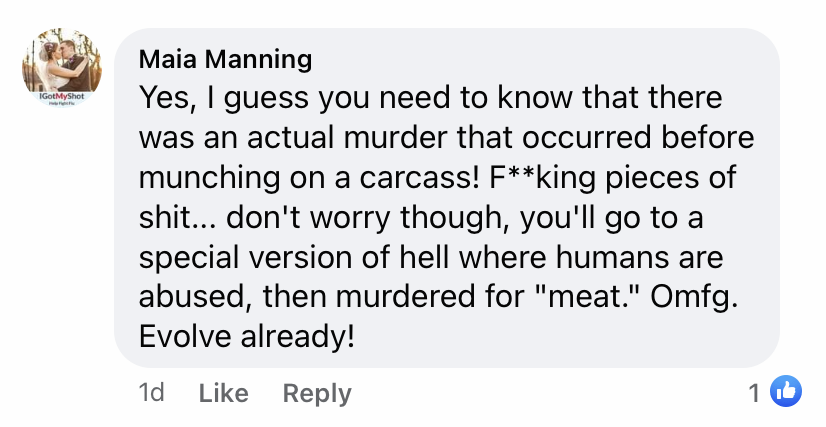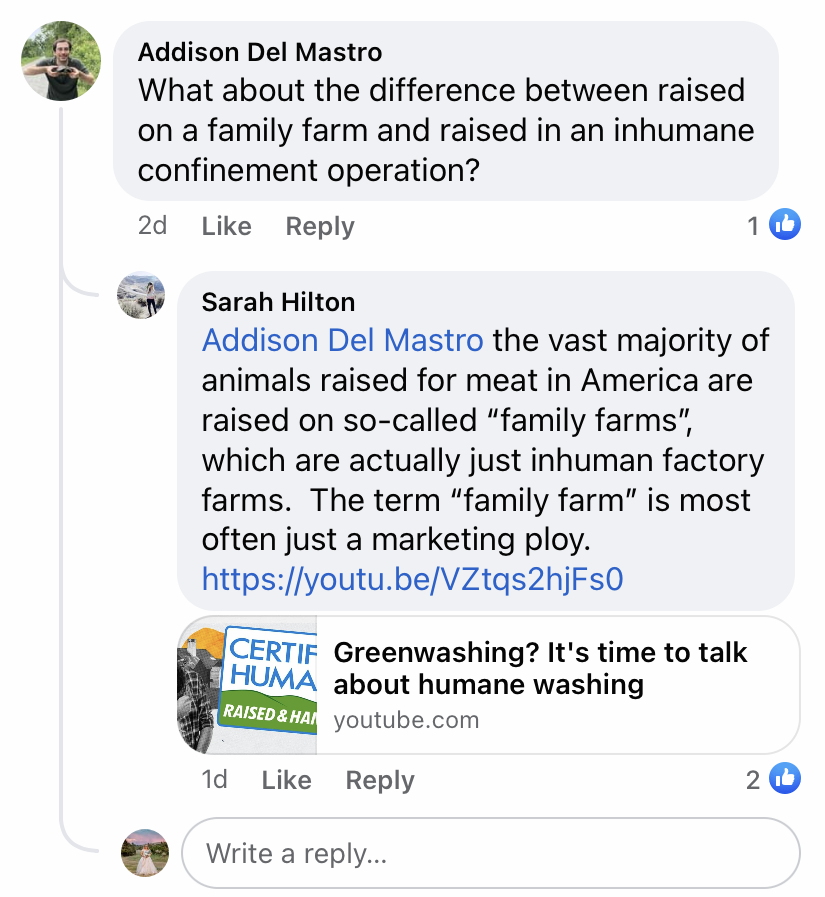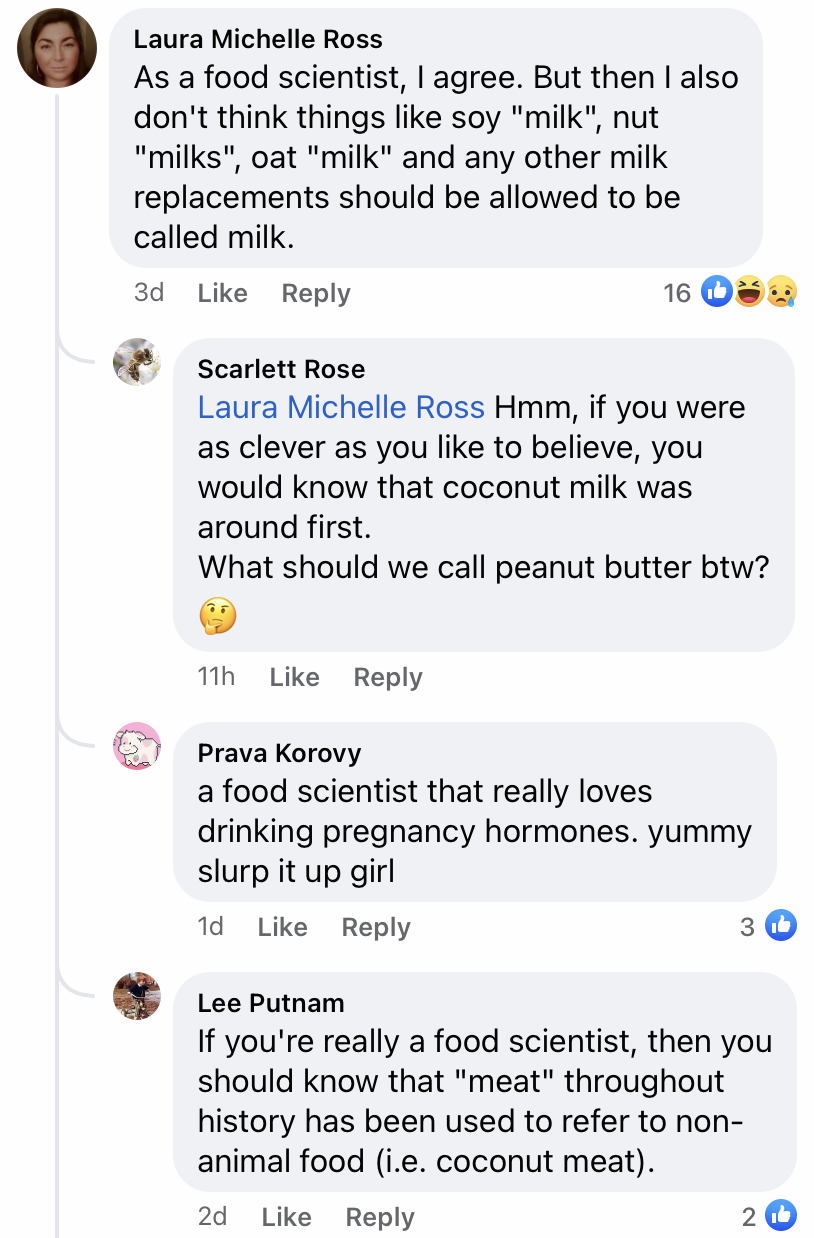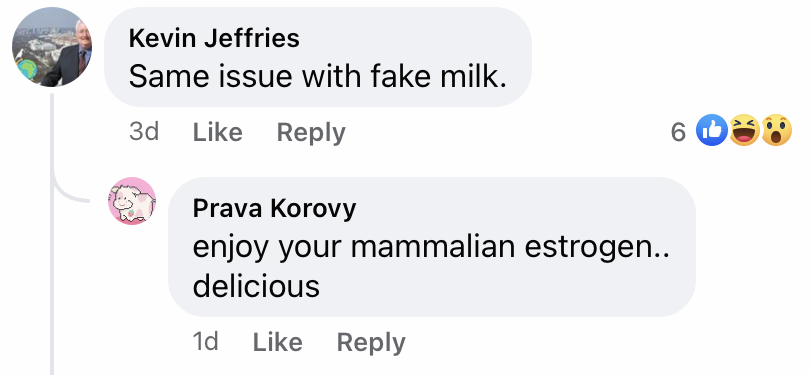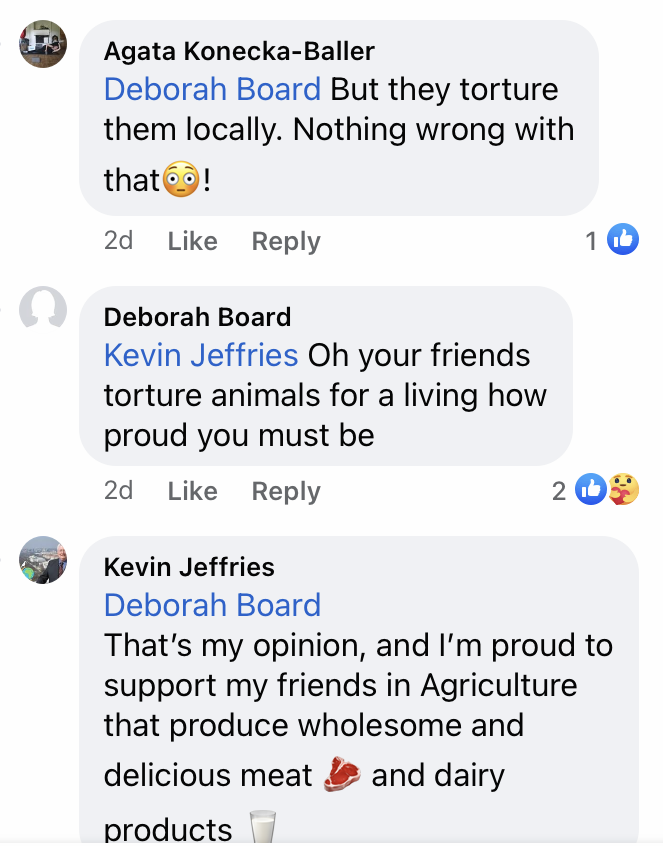Transparency Tic-Tac-Toe
“Transparency” is a buzzword we in the agricultural industry have heard for years now.
“Consumers want farmers to be more transparent about where their food is raised.”
“The public wants to know the exact conditions in which this animal lived before it became a pork chop.”
“Be transparent by using social media as a tool to showcase how humanely you treat animals.”
We’ve been told transparency is incredibly important to consumers, and specifically vegan and on-the-fence consumers. The ag industry has gone above and beyond to provide consumers with adequate information about the food they’re buying and will continue to do so by revising labeling laws. But is transparency really as important as we’ve been taught?
A post I recently saw on Facebook would suggest that no, transparency is not important to vegan consumers — or the vegan consumers who would rather further their anti-ag propaganda than know how sustainably their grains were grown or how humanly cattle were treated, anyway.
Kentucky's Commissioner of Agriculture Ryan Quarels posted this caption to his Facebook page four days ago with the accompanying photo (seen below):
“Today, I sent comments to USDA about the labeling of fake meat products. I do not believe protein products whipped up in a lab should be allowed to be marketed the same way as products from traditional animal agriculture.
“I believe this issue to fundamentally involve the principle of transparency. Consumers deserve to know that the word “meat” means something, and that it means meat from an animal.
“Let me be perfectly clear: the importance of clear and transparent labeling is a consumer protection issue. Kentucky farm families and I believe in the free market and the spirit of competition. While I am a supporter of free market principles, it is important that I use my role to fight for transparency and fairness for our agricultural producers and consumers.”
Now, I am not a registered voter in Kentucky and before this week didn’t know who Ag Commissioner Ryan Quarels was. I saw his post (which I love, by the way) because it was shared to an anti-ag Facebook group I am undercover in with the caption, “this post needs more comments lol.”
By golly, “more comments” this post received.
Click the images to scroll thought some of the comments Commissioner Quarels’ post received.
Evidently, members of this anti-ag group were upset Commissioner Quarels was pushing for transparent labeling of alternative protein products or “fake meat” as it’s often referred to.
I find this incredibly ironic, considering LAST WEEK, I saw members of this group bashing current labeling laws because “they’re just not transparent enough, ‘cage free’ doesn’t mean what society thinks it means.”
While I totally agree that labeling laws are currently bogus, how could a group of people be so wishy-washy?
Some of these people were actually upset that “fake meat” would not be labeled as, simply, “meat.”
But it’s not meat? It’s grown in a lab or is a mixture of several processed ingredients.
Meat is meat. It’s got one ingredient, and it’s grown in a pasture or barn.
More users were making comments such as, “maybe you could just use terms like torture and slaughter and such on the real stuff to distinguish it.”
Valid point, solid argument. I’ll see your snarky remark and raise you one: maybe you could use wording such as “harvested by migrant workers who are paid basically nothing, under the table, and treated like a number and not a person by large ‘factory farm’ corporations in extreme working conditions,” on your processed soy products you covet.
Note: the above statement does not apply to all farming operations, but neither does saying farmers and ranchers “torture” their animals.
It just doesn’t make any sense to me how a group of people could be so up in the bridle about labeling and transparency, but push for a product that is clearly not what the label says it is to be labeled incorrectly?
Why does this happen? You ask? P-R-O-P-A-G-A-N-D-A.
The anti-ag propaganda has got to the best of some people. It’s extreme and illegitimate. Gone are the days of simple, civil protests and signed petitions. Hello to the days of cyber bullying and public “stunts” to drum up more followers on social media.
Anti-ags are hiding behind the mask of climate change, in-humane-ag practices, and faulty labeling laws in order to further their belief that animals should not be eaten.
It makes me wonder: what is the true intent here?
Personally, I’d respect someone who was fighting the fight against animal ag solely on the fact that they don’t believe it’s ethical. But when they stray away from that path to hide behind their venomous keyboards and clever protest signs, anti-ags themselves are not being transparent in their motivation.
Suddenly, it’s no longer an issue of labeling transparency but an issue of moral transparency as well.
Advice to everyone, whether you’re eating a plant-based or carnivorous diet: transparency is key, and the truth will always come to light.


